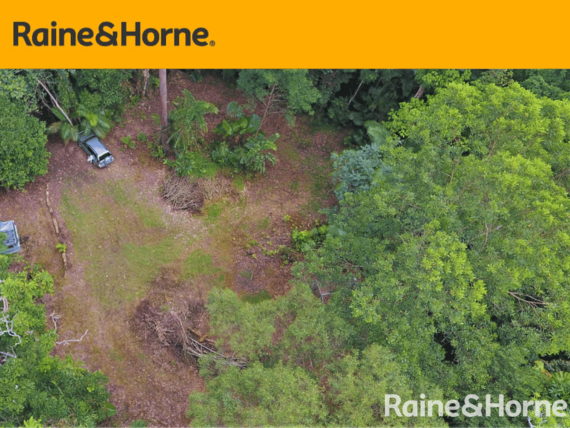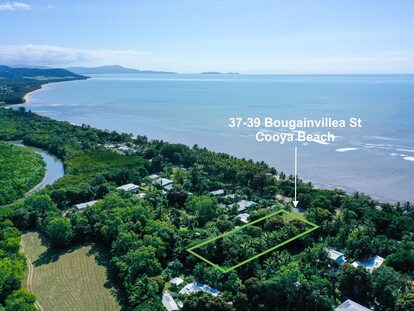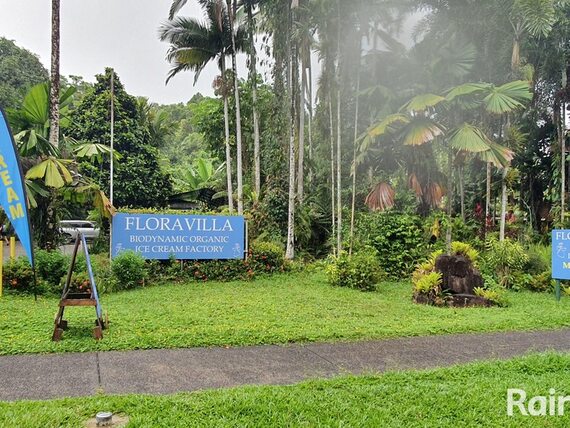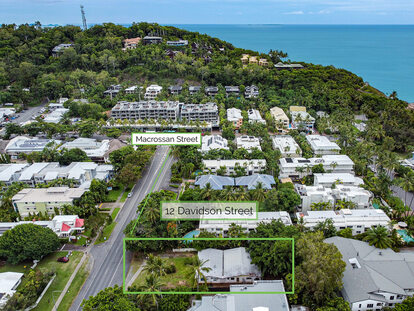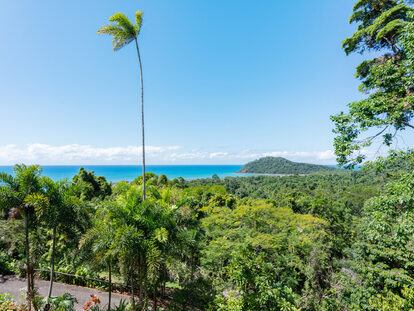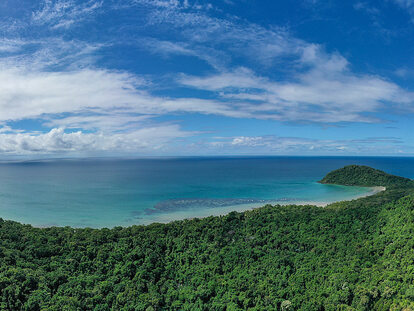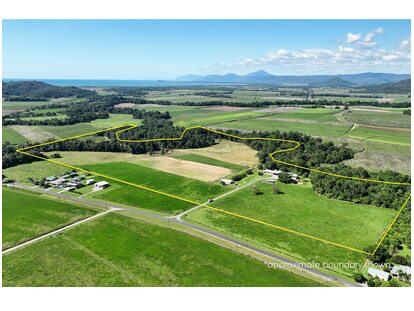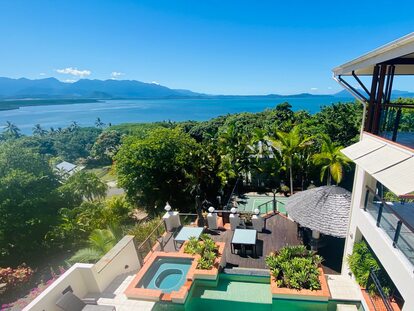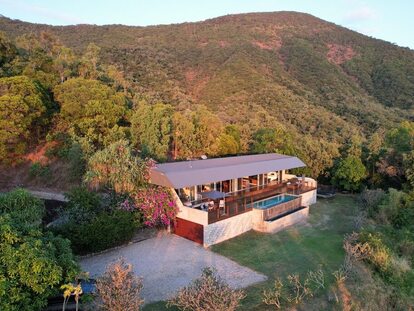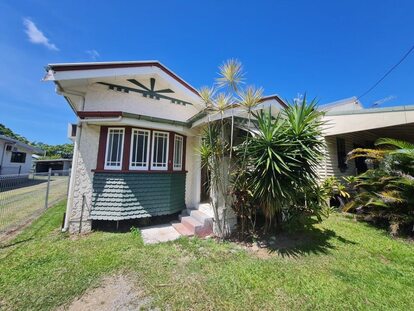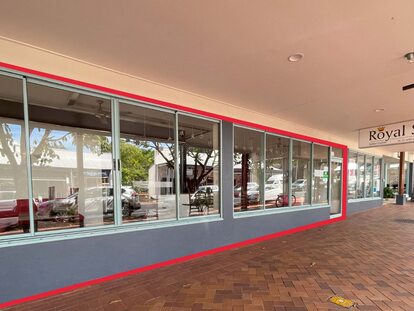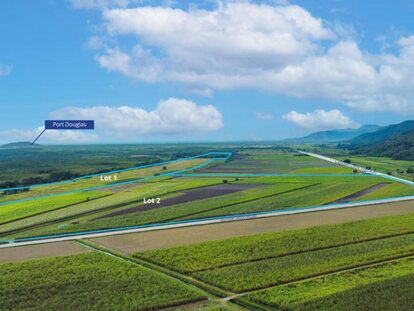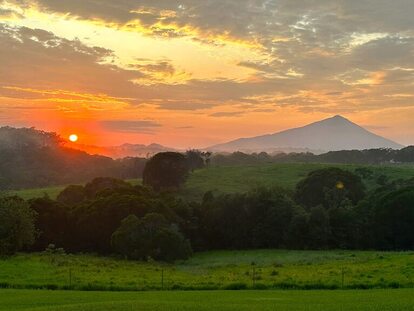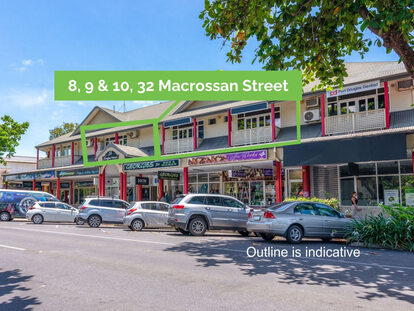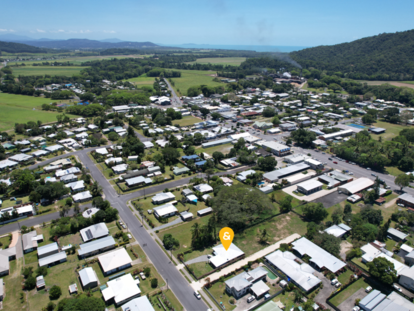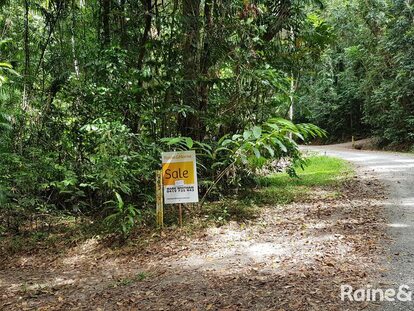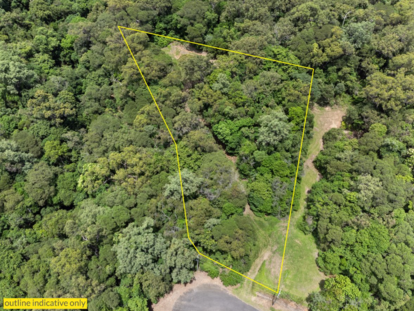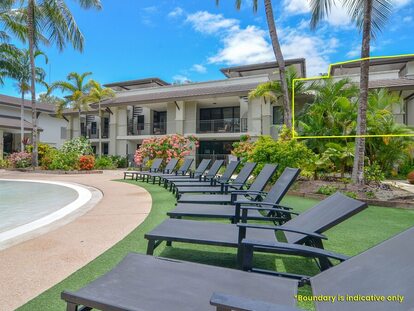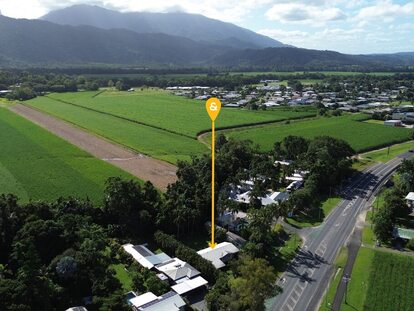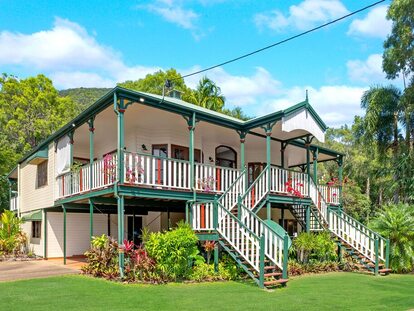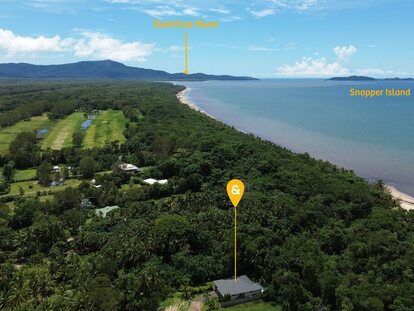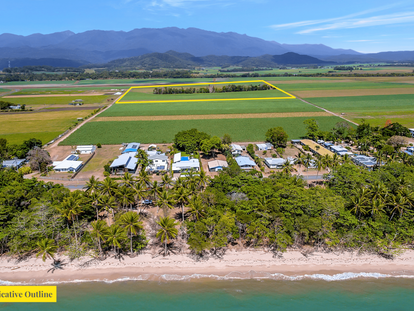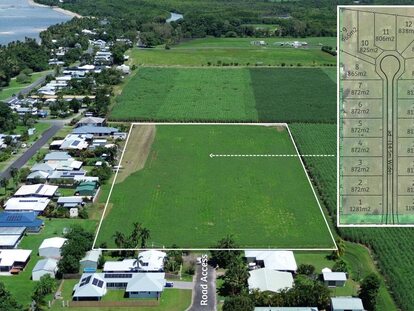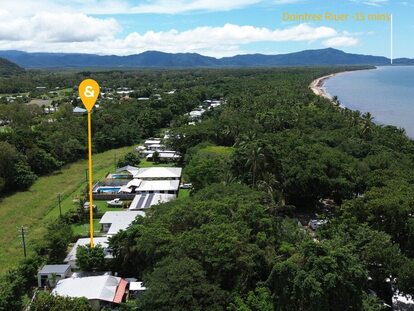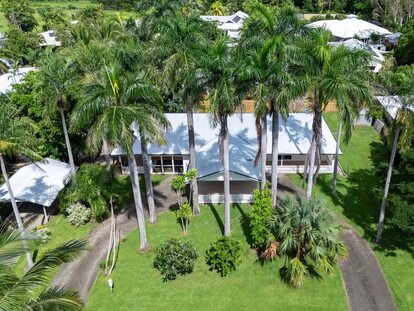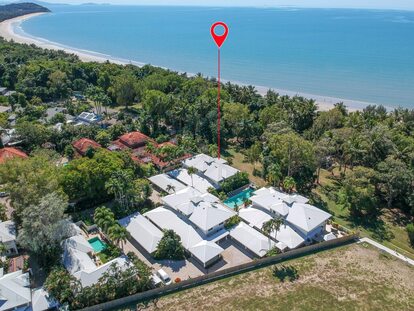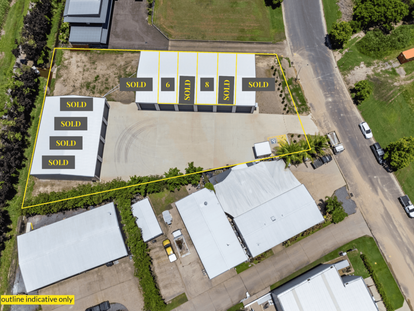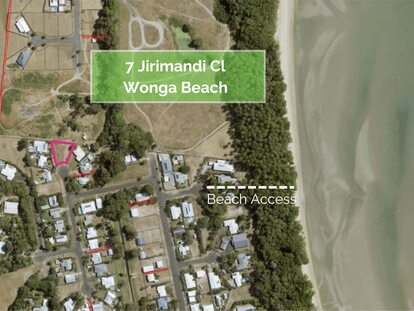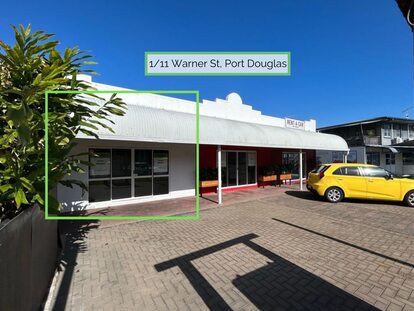|
(
16
)
|
Date
|
Start time
|
End time
|
Event name
|
Event description
|
Location
|
Cost
|
Website link
|
Event contact phone
|
Event contact email
|
Category (Maximum of 4 categories)
|
Terms and conditions
|
Name
|
Email
|
Phone
| |
|---|
| 1. |
Friday 24 May 2024
2024-05-24T00:00:00+10:00
|
4:30pm
| |
Macrossan Street Parade
|
Macrossan Street comes alive with dazzling entertainment for the young and the young at heart.
A true community event in the finest of Tropical North Queenslander traditions, the Macrossan Street Parade has long been the opening highlight of Port Douglas Carnivale and regularly draws eager crowds of thousands.
Be captivated by the sights and sounds, indulge in the fresh goodies on offer at the market food stalls, and be thrilled by an array of amusement rides for the whole family. The parade will be kicking off at 6:30pm followed by a spectacular fireworks display at 8pm driving the party into high gear. The street fun continues into the night with the amusements rides, food stalls and Port Douglas restaurants and bars.
This year’s theme is “Classic Carnivale” – Relive your classic Carnivale moment, could be a float you want to create again, dress up as a Classic Carnivale attendee, a celebrity who attended…or recreate an event, ie: beach day on the back of a truck with sand and people playing beach cricket, or what is Classic Carnivale for you? Is it the reef, the Country, Sugar Cane or a Rainforest creature, what’s classic about our region and what makes Carnivale the Classic Tropical North Queensland celebration.
|
Macrossan Street, Port Douglas
| |
https://www.carnivale.com.au/event/street-parade/
| | |
Community Event, Family Event, Free Event, Live Entertainment
| |
Tanya Snelling
|
[email protected]
|
0740343404
| |
| 2. |
Saturday 25 May 2024
2024-05-25T00:00:00+10:00
|
9:00am
|
3:00pm
|
The Tin Shed’s Family Beach Day
|
Grab your family and friends and head to the Tin Shed’s Family Beach Day for a full day of fun and frolic by the sea.
It’s all about the fun of the beach and the stunning surrounds of the magnificent 4 mile beach.
Get creative and enter our Sand Sculpting Competition as a family and have fun while competing for a host of amazing prizes. Join in the fun of beach activities, dancing, music fun and colour.
Be amazed by the stunning giant Kites proudly displayed by Kites Queensland. these Monsters of the sky have to be seen to be believed.
So bring a towel, a spade, some shade and a smile for family beach day at the beautiful 4 mile.
Food trucks, Community Market and so much more…
Giveaway:
Ready to elevate your Port Douglas Carnivale experience? Take the plunge with our skydiving giveaway, courtesy of Skydive Australia. Soar above the festivities with a friend by your side – it’s an adventure you won’t forget!
To enter, simply follow @skydiveaustralia, @reef_unlimited, and @pdcarnivale on Instagram.
Don’t miss out on the chance to ‘sky’-rocket your Carnivale experience!
Entries close on March 17th. Good luck, and may the best ‘sky-high’ enthusiasts win. All entrees must be aged 18 years and above. T&Cs apply.
Entertainment for the Day:
Windswell – SUP riding – Tube rides – Come and try Kite surfing from 8am
Sandcastle Comp Entry from 9am
Beach Hire Deck Chairs and Surf Board hire All Day.
Market Activities and food trucks / coffee from 9am
Party animal Petting Zoo from 9am
Wildlife habitat petting Zoo from 9am
Hit FM Outdoor Broadcast from 9am
Nippers activities from 9pm
Story Time With Ecky Geck, Perfect for the littlies, the author of the FNQ book reads – 10am – 11am – 12pm
Beach Activities / Kites / Dj Postie from 10am
Dreamstate Take over 10am
Beach fun action hosted by the dynamic duo from Dream State Entertainment
Treasure Hunt / tug of war / hula hooping / juggling / sack races – lots of Fun for all
Drumming Workshop 1pm
Sandcastle Judging from 1:30pm
Winner of Sandcastle Comp Announced 2pm
Salsa in the sand – 2pm till close.
|
Four Mile Beach
|
free
|
https://www.carnivale.com.au/event/family-beach-day/
| | |
Family Event, Free Event, Live Entertainment, Trivia & Games
| |
Tanya Snelling
|
[email protected]
|
0740343404
| |
| 3. |
Friday 24 May 2024
2024-05-24T00:00:00+10:00
|
12:00pm
|
3:00pm
|
The Longest Lunch
|
Welcome to The Longest Lunch, a ticketed charity event that promises to tantalise your taste buds and warm your heart. In high demand, this exclusive event is a rare opportunity to indulge in a fabulous culinary experience.
Hosted by some of the best local restaurants that will present a sumptuous four-course menu using the freshest and most delicious local produce. Added to this we will also have a great local beverage offering from Hemingway’s Brewery and Devils Thumb Distillery.
But that’s not all. In addition to the delicious food and good company, you’ll also have the chance to bid on a range of fantastic items in the charity auction, all of which have been generously donated by local businesses so you can feel good knowing that your contribution is making a real difference.
Don’t wait, tickets sell out fast? Get your group together pronto as seating is allocated and we can’t guarantee any alterations! Book your ticket to The Longest Lunch today and join us for an afternoon of fine food, great company, and a wonderful cause. Don’t won’t miss a moment of the action. We can’t wait to see you there!
TICKET INFORMATION:
Tickets are $260 each which includes a $10 locals charity donation.
Seating will be allocated on a first come first served basis.
DATE: Friday 24th May
TIME: 12pm to 3pm.
Please arrive early and be seated promptly by 12pm
Dining style
Canapes to start,
Entrees alternate drop,
Mains feasting style to share,
Dessert sampler per person.
*Please note, dietaries cannot be catered for at this event to please check the menu carefully.
LOCATION: Crystalbrook Superyacht Marina
Please note seats will be allocated and seating changes cannot be made on the day.
Connect with Carnivale on Facebook for updates and notifications of when tickets are released.
|
Crystalbrook Superyacht Marina
|
$260
|
https://www.carnivale.com.au/event/the-longest-lunch/
| | |
Food & Wine Event, Live Entertainment
| |
Tanya Snelling
|
[email protected]
|
0740343404
| |
| 4. |
Sunday 26 May 2024
2024-05-26T00:00:00+10:00
|
1:00pm
|
8:00pm
|
The Paradise Picnic
|
Get ready to be entertained by Australia’s leading female country singer, Amber Lawrence, at Paradise Picnic. With six Golden Guitar Awards, including the prestigious Female Artist of the Year in 2023, Amber is set to light up the stage with her energetic performance.
Close out Carnivale with an unforgettable afternoon as Amber brings her star power to Rex Smeal Park, supported by an incredible line-up of local acts including Stu Harcourt, Whiskey Boat, Koalition, Al Boulton Band, Lady Valiant and the Rob Longstaff Band. Plus, keep the little ones entertained with Kids Disco sessions throughout the afternoon.
Be sure to participate in the Best Dressed Picnic Area competition and enjoy roving entertainment throughout the afternoon. Paradise Picnic is the perfect way to spend a day with family and friends, celebrating the vibrant spirit of Carnivale.
What’s On
1.00pm – Stuie Harcourt
2.00pm – Whiskey Boat
3.00pm – Koalition
4.00pm – Al Boulton Band
5.00pm – Lady Valiant
6.00pm – Amber Lawrence
7.00pm – Rob Longstaff Band
|
Rex Smeal Park
|
free
|
https://www.carnivale.com.au/event/the-paradise-picnic/
| | |
Family Event, Free Event, Live Entertainment
| |
Tanya Snelling
|
[email protected]
|
0740343404
| |
| 5. |
Saturday 25 May 2024
2024-05-25T00:00:00+10:00
|
7:30pm
|
8:45pm
|
Queensland Symphony Orchestra – Symphony Under the Stars
|
This once in a lifetime event will feature Queensland Symphony Orchestra, with a world premiere performance of the Composition for the reef.
Queensland Symphony Orchestra will join the festivities with a one-night-only performance of classical music with a world premiere, “Composition for the Reef” by acclaimed composer Paul Dean. The performance will take place at the iconic Rex Smeal Park, on the shores of the Coral Sea with a backdrop of Mossman Gorge and the ancient Daintree Rainforest. This once in a lifetime experience will be a celebration of the region and an event not to be missed.
|
Rex Smeal Park
|
Lawn Children: $10, Lawn Adults: $30, General Admission: $60. Seated, Premium: $100. Seated, VIP: $150. 250 only.
|
https://www.carnivale.com.au/event/queensland-symphony-orchestra-symphony-under-the-stars/
| | |
Arts & Culture, Live Entertainment
| |
Tanya Snelling
|
[email protected]
|
07 4034 3404
| |
| 6. |
Wednesday 5 June 2024
2024-06-05T00:00:00+10:00
|
1:00pm
|
4:00pm
|
Four Mile Beach Monthly Clean-up
|
Looking for a way to be part of practical solutions for our environment? Four Mile Beach in Port Douglas is one of our longest-running QLD beach monitoring sites. We have been cleaning and collecting data from this site each month for the past 12 years.
Volunteers need to wear enclosed shoes, bring sun/rain protection, and plenty of drinking water (1 to 2 litres is recommended). We try to ensure that all Tangaroa Blue events are free from single-use plastic, so bring along your reusable water bottle. All equipment and drinking water top-ups will be provided.
To register please email [email protected]. Thank you for dedicating your energy towards protecting our oceans, and we look forward to seeing you out on the beach!
A huge thank you to Ocean Conservancy and Hilton for funding this clean-up event.
|
Daintree Lounge at the Sheraton Grand Mirage, Port Douglas (behind the piano)
| |
https://www.tangaroablue.org/event/four-mile-beach-north-and-middle-regular-monthly-clean-up-event-qld-39/
| |
[email protected]
|
Community Event, Free Event
| |
Lucy
|
[email protected]
|
0431870165
| |
| 7. |
Monday 20 May 2024
2024-05-20T00:00:00+10:00
|
5pm
| |
Hemingway's Monday Social Club
|
Full Launch Tonight!
Looking for a fun and affordable Monday night out in Port Douglas? Kick back with friends old and new at Hemingway's Brewery for free pool, board games, and upbeat music. Wallet friendly food and drink specials available all night (Margarita Mondays anyone?
All are welcome, beautiful locals, boaties, backpackers, tourists, fellow hospo workers - Beer towers, basics, finger food, schooners, shots, margis, sublime sunset vibes, and more
See you here at the Crystalbrook Marina this Monday Funday from 5pm-late
|
Hemingway's Brewery, Crystalbrook Marina
|
Free entry
|
https://www.hemingwaysbrewery.com/whats-on/all-events/monday-social-club
|
0482 173 337
|
[email protected]
|
Community Event, Free Event, Trivia & Games
| |
Kim Logan
|
[email protected]
|
0438374860
| |
| 8. |
Saturday 22 June 2024
2024-06-22T00:00:00+10:00
|
9:00am
|
3:00pm
|
Mossman Quilt & Craft Expo: Airing of the Quilts
|
Visit the 2024 Mossman Quilt & Craft Expo: Airing of the Quilts -
Saturday 22nd June 9:00am - 4:00pm
Sunday 23rd June 9:00am - 4:00pm
Monday 24th June 9:00am - 3:00pm
See a display of quilt and craft items created from all over North Queensland and beyond. Make sure you give yourself plenty of time to wander through and enjoy the beautiful creations on show. Delicious morning tea, lunch and afternoon tea will be available each day. Enjoy a tea or coffee or a cold drink while you chat with friends. You will also be able to visit craft stalls with gifts and all of your quilt/crafting needs. All proceeds of this amazing event go to Leukaemia Foundation.
|
Mossman Indoor Sports Centre, Front St, Mossman QLD 4873
|
Entry (includes program): Adult $10.00, High School aged $8.00
| |
0458 111 142
|
[email protected]
|
Arts & Culture, Community Event
| |
Katie Shepherdson
|
[email protected]
|
0439781338
| |
| 9. |
Saturday 8 June 2024
2024-06-08T00:00:00+10:00
|
5.30pm
| |
Mossman Boat & Fishing Club Trivia Night
|
Our 2023 Trivia was such a success that we are bringing it back for 2024, this time with a little Mexican Twist. We are putting a theme to our Trivia Night this year to add a little extra fun, so the best Mexican dressed table will win a prize. There will be loads of fun to be had, with raffles, Duck & Felicia's Food Van, & trivia hosted by KStar.
|
Mossman Boat & Fishing Club
|
$10
|
https://www.trybooking.com/CQXGS
| |
[email protected]
|
Community Event, Trivia & Games
| |
Mrs Karly Scomazzon
|
[email protected]
|
+61437114977
| |
| 10. |
Saturday 25 May 2024
2024-05-25T00:00:00+10:00
|
10:00am
|
2:00pm
|
Pooch Party
|
Get PAW-TY prepped for the dog competitions in search of the 2024 Douglas Shire's Top Dog. There are tons of prizes to be won, plus Malone's Butchery BBQ, Bugzy Bumblebee Bubble Show, Dog Agility and Training displays with Port Paws, Vet Advice, Market Stalls, and more.
Its a free family event, fundraising for Paws and Claws Animal Refuge and Boarding Centre, proudly supported by Ray White and the Port Douglas Vets.
|
Jalunbu Park - behind the Port Douglas Surf Club
|
Free Entry
|
https://www.carnivale.com.au/event/pooch-party
|
0417300885
|
[email protected]
|
Community Event, Family Event, Free Event
| |
Cassie Flinn
|
[email protected]
|
0417300885
| |
| 11. |
Sunday 9 June 2024
2024-06-09T00:00:00+10:00
|
9 am
|
1 pm
|
WHOLESOME ONE DAY WELLNESS RETREAT
|
Immerse yourself in a day of self-care and connection.
Nourishing Retreat nestled in Luxurious Tropical Resort ~ Niramaya Day Spa, Port Douglas.
Retreat is designed to help you take some time for yourself to Reconnect and Recharge.
Retreat Schedule:
Welcoming Circle
Guided Yoga Class
Breath Work
Sauna and Plunge Pool Session
Letting Go Fire Ceremony and Closing Circle
Wholesome Lunch (drinks not included)
Swim, Relaxation, Journaling optional
|
Niramaya Day Spa, Port Douglas
|
125
|
https://yogainthetropics.com/june-9th
|
+61438117486
|
[email protected]
|
Community Event, Sport Event, Workshop or Training
| |
Petra
|
[email protected]
|
0438117486
| |
| 12. |
Saturday 25 May 2024
2024-05-25T00:00:00+10:00
|
4PM
|
8PM
|
Sheraton Sunset Sessions x Cafe Del Mar
|
Gather for an unforgettable evening in Australia’s most iconic pool during this special Carnivale edition of Sheraton Sunset Sessions.
World famous for celebrating spectacular sunsets in Ibiza since the 80’s, Café del Mar remains one of the Spanish island’s most treasured venues to this day. The true pioneers of bringing music and stellar vibes together with Mediterranean food and cool drinks, this special Café del Mar edition of Sheraton Sunset Sessions is sure to be a hot ticket during Port Douglas Carnivale 2024.
As the sun lowers in the sky on Saturday the 25th of May, Sheraton Grand Mirage Resort Port Douglas will come to life as colourful cocktails, Mediterranean bites and tunes by Cafe del Mar DJ ‘Jus Joe’ flow onto the shore of the resort’s Main Beach.
Choose from three fabulous entry choices– from the 'Private Cabana' package that offers day-use of a poolside cabana and an evening of French champagne and seafood, to the immersive ‘General Admission' ticket that includes $50 of food and drink credit to spend as you please.
Don’t miss out – limited tickets available!
WIN A TRIP TO VIVID SYDNEY! Every ticket holder goes into a draw to win a weekend for 2 during VIVID SYDNEY! The prize includes:
2 return Airfares from Cairns to Sydney*
2 nights accommodation at Sheraton Grand Sydney Hyde Park*
Lunch for 2 at Café Del Mar on Darling Harbour
|
Sheraton Grand Mirage Resort Port Douglas
|
From $50
|
https://www.eventbrite.com.au/e/sheraton-sunset-session-x-cafe-del-mar-carnivale-edition-tickets-876411098187?aff=NPWhatsOn
| | |
Community Event, Food & Wine Event, Live Entertainment
| |
Alina Polishuk
|
[email protected]
|
0413357035
| |
| 13. |
Wednesday 4 December 2024
2024-12-04T00:00:00+10:00
|
10 am
| |
Free Kids Fun Yoga & Mindfulness Playshop
|
School Holiday Kids Yoga for Primary School Aged Kids.
|
Port Douglas Neighborhood Center
|
free
|
https://www.trybooking.com/events/landing/1198069?
|
0438117486
|
[email protected]
|
Community Event, Family Event, Free Event, Sport Event, Workshop or Training
|
Bookings Essential via link
|
Petra
|
[email protected]
|
0438117486
| |
| 14. |
Sunday 18 August 2024
2024-08-18T00:00:00+10:00
|
6:00am
|
4:00pm
|
60km K2PD SOLO and Team Relay foot race
|
The Kuranda to Port Douglas is a point-to-point race incorporated in the Mowbray National Park within the Wet Tropics World Heritage Area. It starts just off Kennedy Highway in Kuranda and follows Black Mountain Road through native rainforest, open eucalyptus forest, pine plantations and over picturesque creeks. The finish is on the famous Four Mile Beach, Port Douglas. The tropical rainforest is home to the endangered southern cassowary, a flightless bird that can grow to two metres in height - you might see one!
Join us for the 60km K2PD SOLO and Team Relay foot race. Entries close at 11.59pm, Thursday, 15 August 2024.
A medal is included in your entry fee.
|
Kuranda to Port Douglas
|
$100 for solo; $50 per team member. Early bird discounts apply.
|
https://www.racespace.com/au/dynamic-running-ltd/k2pd2024
|
0417798444
|
[email protected]
|
Sport Event
| |
Lorraine Lawson
|
[email protected]
|
0417798444
| |
| 15. |
Sunday 26 May 2024
2024-05-26T00:00:00+10:00
|
8:00am
|
9:00am
|
Douglas Dash
|
Distance: approximately 5km
Terrain: Beach sand and dirt track
Start: Four Mile Beach Park off Barrier Road, Port Douglas
Finish: Rex Smeal Park, Port Douglas
|
Four Mile Beach Park
|
$25.00 (adults) $15.00 (juniors)
|
https://www.racespace.com/au/dynamic-running-ltd/douglasdash2024
|
0417798444
|
[email protected]
|
Sport Event
| |
Lorraine Lawson
|
[email protected]
|
0417798444
| |
| 16. |
Sunday 2 June 2024
2024-06-02T00:00:00+10:00
|
9:45 am
|
11:15 am
|
I Believe I Can Fly - Yoga Arm Balance Workshop - Level 1
|
BELIEVE YOU CAN FLY, AND YOU ARE HALF WAY THERE.
The other half is my job - preparation body and mind, drills, poses, relaxation - zen in the soul.
Can’t wait to share the step by step how to fly. I invite you to join me for a fear conquering, yet fun workshop to feel amazing in your body.
Namaste Petra, Your Local Yoga Teacher
|
Port Douglas Yoga Studio - Level 1, Corner Warner St and Grant St
|
40
|
https://yogainthetropics.com/home
|
+61438117486
|
[email protected]
|
Community Event, Major Event, Workshop or Training
|
No Experience with yoga and arm balances required nor need to bring yoga mat.
24 hr cancelations policy
|
Petra
|
[email protected]
|
0438117486
| |

















